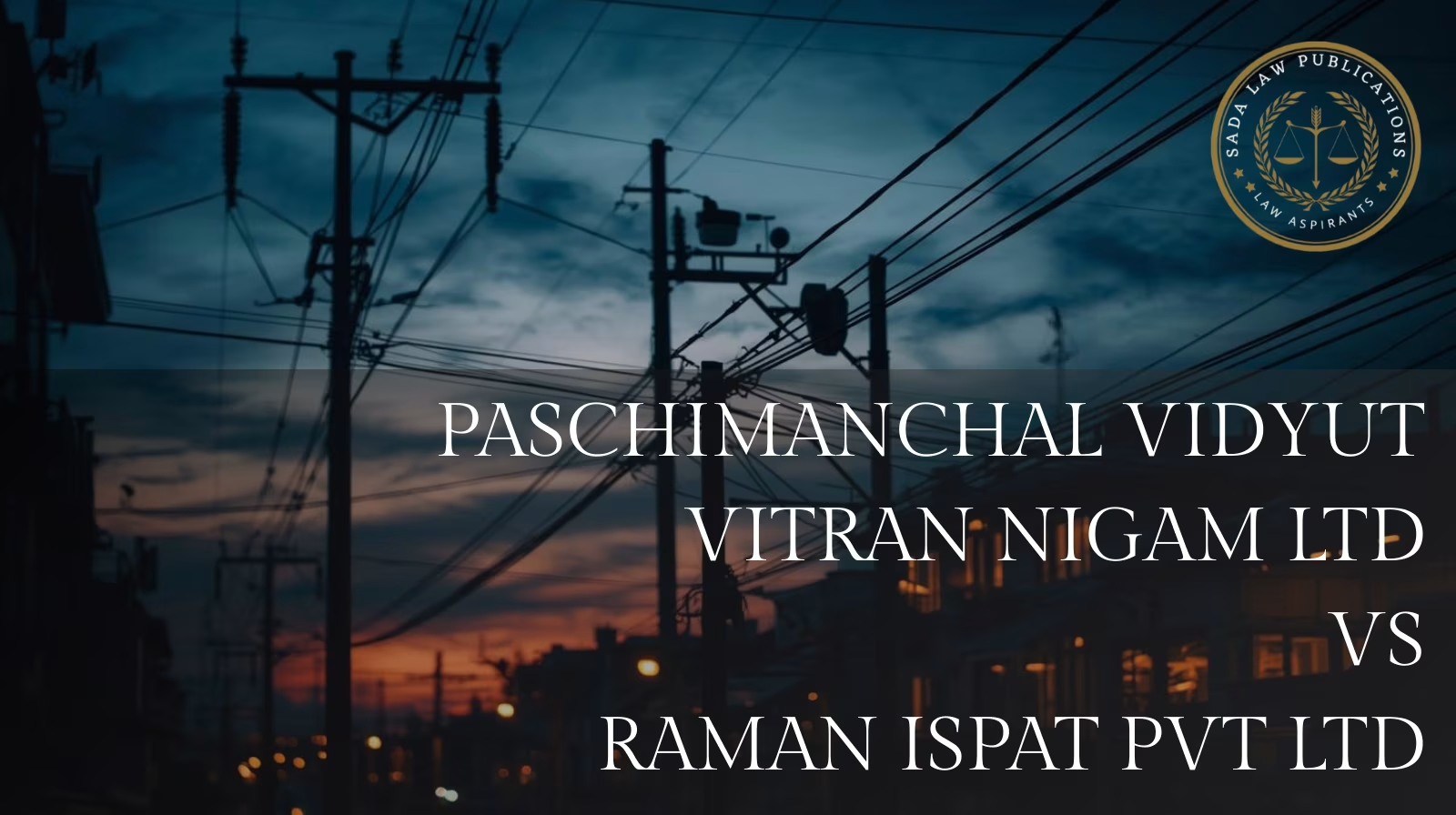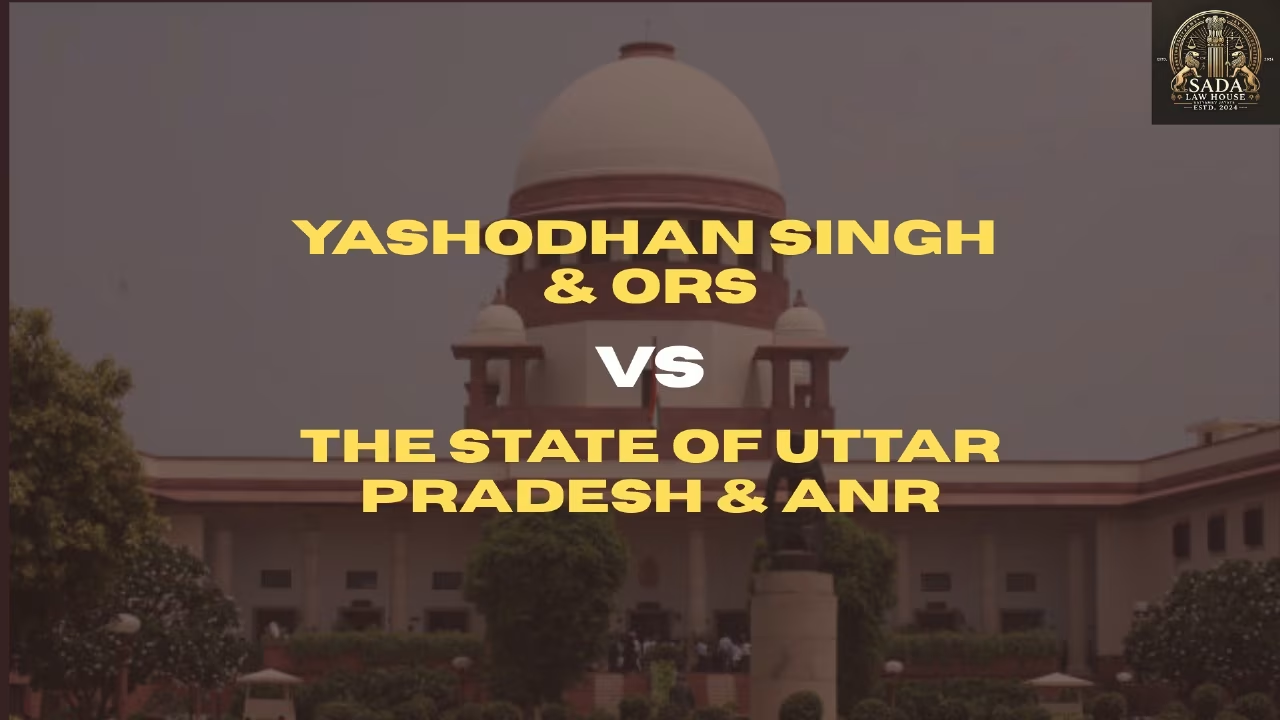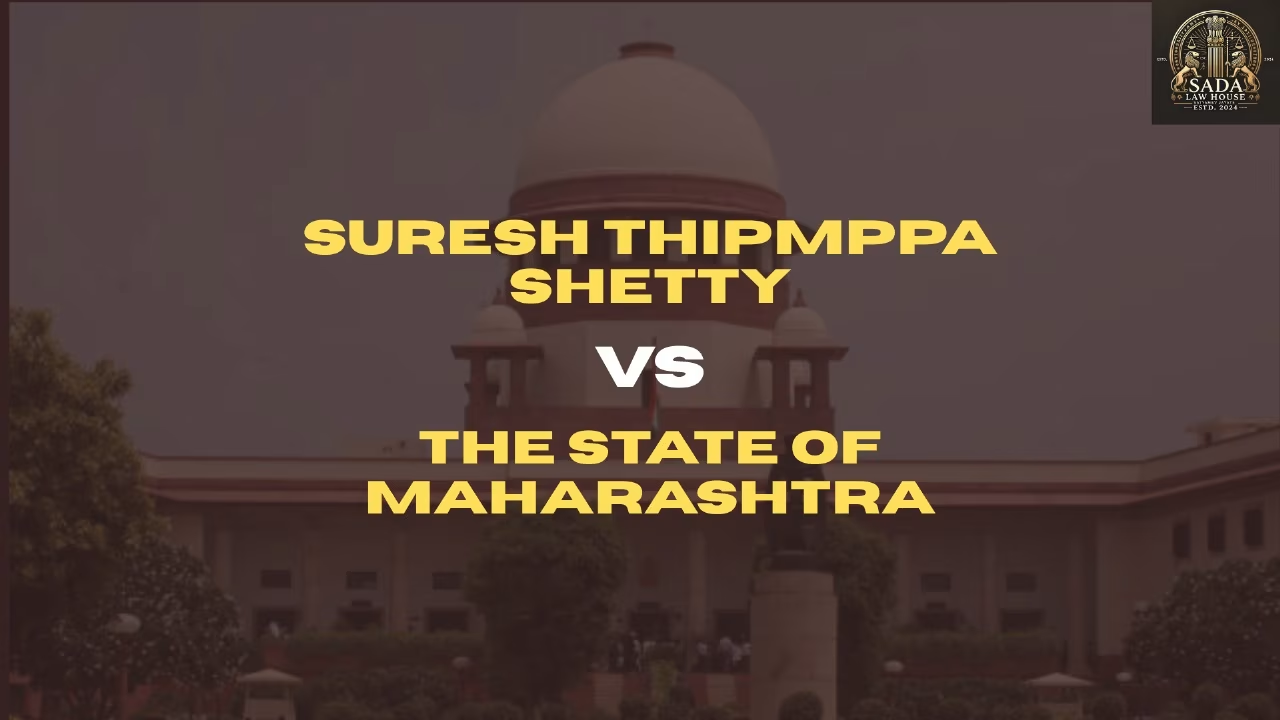Supreme Court Defines Status of Electricity Dues in Corporate Liquidation under IBC
- PRABHAT KUMAR BILTORIA
- Sep 29, 2025

Introduction
The case of Paschimanchal Vidyut Vitran Nigam Ltd. (PVVNL) vs. Raman Ispat Pvt. Ltd. raised crucial questions on the treatment of electricity dues in the insolvency and liquidation framework under the Insolvency and Bankruptcy Code, 2016 (IBC). The dispute centered on whether PVVNL’s electricity dues could override the waterfall mechanism prescribed under Section 53 of the IBC or be treated as government dues.
Background
PVVNL supplied electricity to Raman Ispat Pvt. Ltd. under a 2010 agreement.
The debtor defaulted on electricity payments, leading PVVNL to attach its assets in 2016.
Raman Ispat entered insolvency proceedings, which eventually led to liquidation.
The liquidator sought release of the attached property to sell it and distribute proceeds as per IBC.
NCLT and NCLAT ruled against PVVNL, treating it as an operational creditor.
PVVNL appealed to the Supreme Court, seeking priority treatment for its dues under the Electricity Act, 2003 and UP Supply Code, 2005.
Key Developments
PVVNL argued its dues were “secured” and had priority over other claims.
The NCLT and NCLAT held that PVVNL was merely an operational creditor under IBC.
Supreme Court examined whether electricity dues could be treated as government obligations or override the IBC waterfall.
Issues
Can PVVNL’s dues be treated as “secured” under IBC?
Do the Electricity Act, 2003 and UP Supply Code, 2005 override Section 53 of IBC?
Should PVVNL’s dues be treated as government dues with lower priority?
Current Status (Judgment)
PVVNL as Secured Operational Creditor: Due to the charge created under the 2005 UP Supply Code and contract, PVVNL was recognized as a secured operational creditor.
Not Government Dues: PVVNL, though government-owned, is a corporate entity. Its dues are not government obligations under Section 53(1)(e).
IBC Prevails: Section 238 of IBC overrides provisions of the Electricity Act. The waterfall mechanism under Section 53 is binding.
Options for Secured Creditors: PVVNL can either (a) relinquish security and claim priority under Section 53(1)(b), or (b) enforce security outside liquidation, with leftover dues ranking lower.
Rainbow Papers Distinguished: Court clarified Rainbow Papers applied to statutory government dues (VAT), not to dues of state-owned companies like PVVNL.
Conclusion
The Supreme Court reaffirmed the primacy of IBC over conflicting laws. PVVNL was recognized as a secured operational creditor but not a government creditor. The ruling ensures:
Clear distinction between government dues and dues of government-owned companies.
Consistency in applying the IBC waterfall mechanism.
Predictability and fairness in asset distribution during liquidation.
Case Laws






